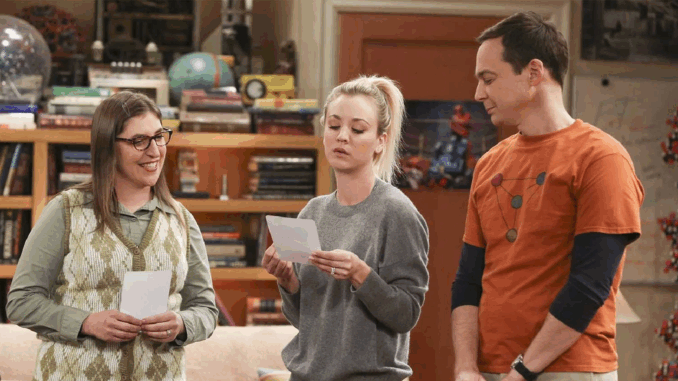
Nerd Culture Becoming Mainstream
When The Big Bang Theory premiered in 2007, it helped bridge the gap between nerd culture and mainstream media. Before this, characters who were passionate about science fiction, comic books, and video games were often depicted as socially awkward outcasts. However, The Big Bang Theory took a different approach by showcasing these interests as both normal and cool, offering a new lens through which audiences could view nerd culture. The show made it fashionable to embrace geeky hobbies, like Star Wars references, comic book fandom, and even tabletop games.
The nerds on The Big Bang Theory are not only smart and successful but are also relatable and lovable. They are flawed, human characters who represent the diversity and complexity within the geek community, making them more accessible to audiences from all walks of life. This shift in how nerd culture was portrayed on television paved the way for the normalization of many previously niche interests in popular culture.
Geeks Are Cool: The Cultural Impact

One of the greatest cultural impacts of The Big Bang Theory is how it elevated geeks and intellectuals to the center of pop culture. Characters like Sheldon, Leonard, Raj, and Howard introduced viewers to complex scientific theories, physics principles, and even computer programming, all through humor. These topics, once considered dry or inaccessible to mainstream audiences, were made fun, engaging, and entertaining.
In addition to its scientific references, the show also explored the world of comics and gaming, and its portrayal of these interests made them seem like an integral part of everyday life. The series was instrumental in making it cool to embrace geeky hobbies and interests, leading to a more widespread acceptance of the nerd identity in both real life and popular media.
Legacy in Geek and Pop Culture
The Big Bang Theory didn’t just change how nerd culture was perceived—it became part of the culture itself. Its references to pop culture icons, comic books, superheroes, and sci-fi series like Star Trek and Doctor Who became an integral part of the show’s charm. The show inspired an entire generation to embrace their inner nerd, and its legacy continues to influence TV shows, movies, and even video games that have followed.